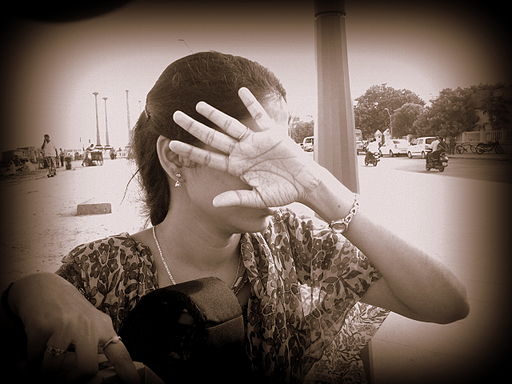Shyness vs Social Anxiety
The primary distinction between shyness and social anxiety is that shyness occurs when an individual feels awkward and uncomfortable in new situations and around new people. In contrast, social anxiety is a more severe condition in which a person experiences intense fear and discomfort in social situations. The dividing line between the two conditions comes from their severity. While shyness merely acknowledges a person’s fear and discomfort in social situations, social anxiety recognizes more physiological, behavioral, and cognitive aspects. Social anxiety not only causes fear and discomfort but also panic due to the fear of being judged and evaluated by others. Both terms, shyness and social anxiety, are widely used when incorporating people into social situations in the realm of psychology. This article aims to explain shyness and social anxiety in more detail while highlighting the key differences and similarities between the two.
What is Shyness?
Shyness can be described as a feeling of apprehension when encountering new situations or people. Individuals who are shy worry about “what others might think” of them, which hinders their social interactions. Their behavior is governed by ego-driven fear, which affects all aspects of their lives. Such individuals try to avoid social situations as much as possible because they fear expressing their opinions, thinking they will be subjected to criticism and negativity.
Shyness can result from both nature and nurture. Some people are born with shy temperaments, meaning their behavior and inclination towards shyness are genetic. Such individuals naturally feel worried and awkward in social situations. However, shyness can also develop due to upbringing and past experiences. For example, a person who has experienced emotional torment during childhood due to abuse or family conflicts may end up in a situation where they display an increased degree of fear of social interactions, resulting from shyness.
What is Social Anxiety?
Social anxiety, on the other hand, is much more severe than shyness. It can be defined as a condition of extreme fear experienced by an individual in social interactions, stemming from the fear of being rejected or judged by others. A person with social anxiety usually has very low self-esteem and exhibits extreme self-consciousness in almost any activity they engage in daily life. The person is constantly concerned about their interactions with others, especially the possibility of being ‘not good enough.’ Social anxiety appears in two forms:
– Developmental social anxiety
– Chronic social anxiety
Developmental social anxiety is relatively natural, as children experience it when encountering new situations and people in their lives. As the child grows, they develop the ability to adapt to their expanding world, enabling them to outgrow this condition. However, if the condition reemerges in adulthood, it can be considered chronic social anxiety. People who experience this intensely are diagnosed with social anxiety disorder. Such individuals not only exhibit intense fear of social situations but also try to avoid them. Certain situations act as triggers for social anxiety disorder, such as public speaking, stage performances, being criticized, having the center of attention, eating in public places, going on dates, and taking exams. When a person with social anxiety encounters a situation that makes them worried and nervous, they may begin to blush, feel nauseated, dizzy, tremble, sweat, and even experience shortness of breath. It is clear that social anxiety goes much deeper than shyness.
What is the difference between Shyness and Social Anxiety?
When comparing shyness and social anxiety, a similarity between the two is the fear associated with facing social situations. However, this factor also serves as the key difference between the two conditions.
– Shyness can be considered a milder form of fear of social situations, resulting from both a person’s temperament and their environment and experiences.
– Social anxiety refers to a more intense form of fear that significantly disrupts a person’s life activities and impairs their quality of life.
Key Takeaways
- Shyness is a feeling of apprehension when encountering new situations or people, while social anxiety is a more severe condition characterized by extreme fear and discomfort in social situations.
- Shyness can result from both nature (genetics) and nurture (upbringing and past experiences), whereas social anxiety is more intensely experienced and can lead to a social anxiety disorder diagnosis.
- The main difference between shyness and social anxiety is the level of fear and disruption they cause in a person’s life, with social anxiety being more severe and debilitating.
